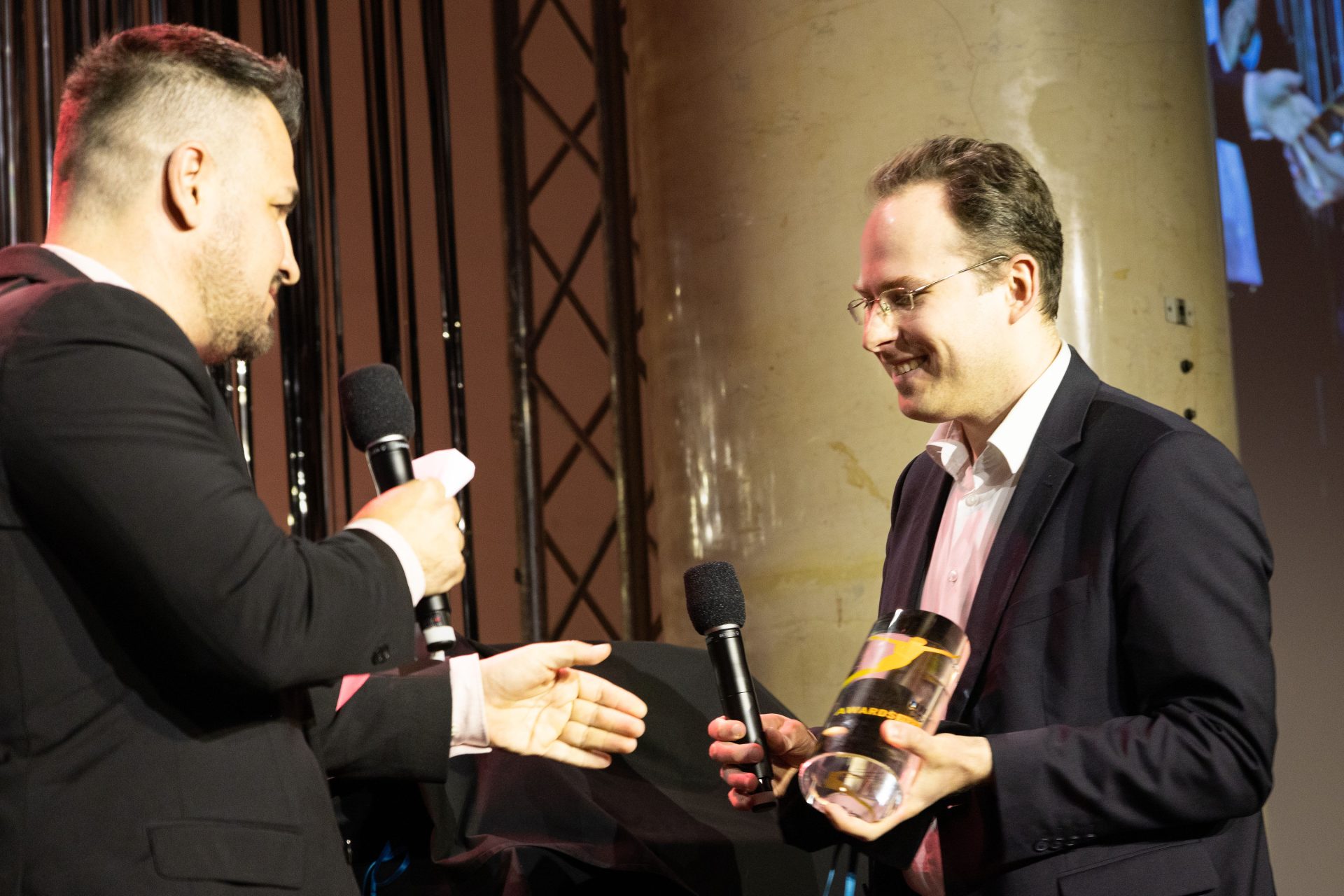23 May 2023
Good ideas about the necessary political, policy and social change may be in the air but they do not land and take root without two basic criteria: civic entrepreneurs, sometimes also called activists, and the political momentum or window of opportunity. These conditions were all in place in Latvia in 2011. Civically engaged tech entrepreneurs, political experts and influencers came together and used the socioeconomic and political crisis to promote and establish direct civic participation in shaping the parliamentary agenda. The result: ManaBalss (My Voice) civic participation platform.
Twelve years later, sixty national-level laws and regulations, including a constitutional amendment, have been implemented via civic digital initiatives, officially called collective submissions.
Entrepreneurial mindsets needed
Civic entrepreneurs are crucial drivers of change. As entrepreneurs, they pursue the social and civic good and strive for concrete benefits. This does not exclude financial return, as money is also necessary for a civic organisation to run. Still, the emphasis is on the civic good.
With this start-up mindset the civic initiatives platform ManaBalss.lv (MyVoice) was established. But the tech part in CivicTech is just one component. The bulk of the job was not coding but lobbying and establishing the market for legislative ideas. The result of the lobbying is a properly legislated system – collective submissions to the parliament – where all the parties play according to the rules. It includes a serious commitment from the legislator that all civic initiatives that meet the legal requirements are closely reviewed, publicly discussed and considered for new legislation.
On the civic society side, it means doing the homework: well-formulated, legally sound and fact-checked problem statements and legislative solutions that have strong popular support. The initiative needs the support of 0.5% of the population in order to be reviewed by the parliament. In Latvia, this means at least 10.000 citizen signatures, aged over sixteen.
This highly efficient system involves three levels of civic entrepreneurs: individual activists and NGOs with their problem statements and suggested policy changes; the ManaBalss team providing tech and consultancy support; and experts in various fields, starting with lawyers, who provide their pro bono advice, including presentation of the initiatives in parliament together with proposers.
Never waste a good crisis
The 2007/8 global economic crisis hit Latvia severely, with a 25% drop in GDP. It coincided with a deep political crisis which reached its climax in 2011. Parliament refused to grant permission to the anti-corruption authority to search the property of a suspect parliamentarian. As a result, the President of Latvia initiated a national referendum to dismiss the parliament, and he won. A new and aspiring political elite came to power.
At the same time, pro-Kremlin activists initiated a national referendum in early 2012. Their aim: to establish Russian as the second official language. Even if a majority of 75% voted against the proposal, the ease of conducting a referendum on such a strategic question seriously unnerved most of the ruling elite. It resulted in a substantial increase in the referenda threshold. As referendums became more difficult to initiate, there arose an obvious need for a new mechanism that would allow citizens their civic voice.
These three factors created a perfect storm for change: deep popular distrust especially in parliamentary politics, the new political elite looking to solidify its political capital, and the tightening of bolts on public participation. Together they created a window of opportunity. Luckily, there was a group of civic entrepreneurs pushing against that window! They were ready with their civic tech solutions and legally sound formulations for the needed legislative change.
Good changes for good
Through the introduction of collective submissions lobbied for by the ManaBalss team and other civic entrepreneurs, a governance innovation in digital participation took place in Latvia, in 2011. First, it meant the introduction of a real-life feasibility check and proof of the efficacy of this system. Second, while successfully using political momentum, this innovative civic participation system itself established a window of opportunity for other civic entrepreneurs – both individuals and organisations.
It means that, on one hand, ManaBalss with its civic tech and consultation support continues to be an essential part of the established system of collective submissions. On the other hand, it also provides other civic entrepreneurs with the platform to lobby and achieve their sometimes quite disruptive, though constructive, changes in their particular fields of interest. For example, the PET deposit system in Latvia was largely introduced via ManaBalss.lv. The same may be said of the automatic tax rebate, affordable innovative medications for cancer patients, a constitutional amendment to change the way the President of Latvia is elected, and many more.

 Imants Breidak, head of the ManaBalss received the trophy at the Innovation in Politics Awards Gala in Warsaw. Photographer: Sebastian Philipp
Imants Breidak, head of the ManaBalss received the trophy at the Innovation in Politics Awards Gala in Warsaw. Photographer: Sebastian Philipp